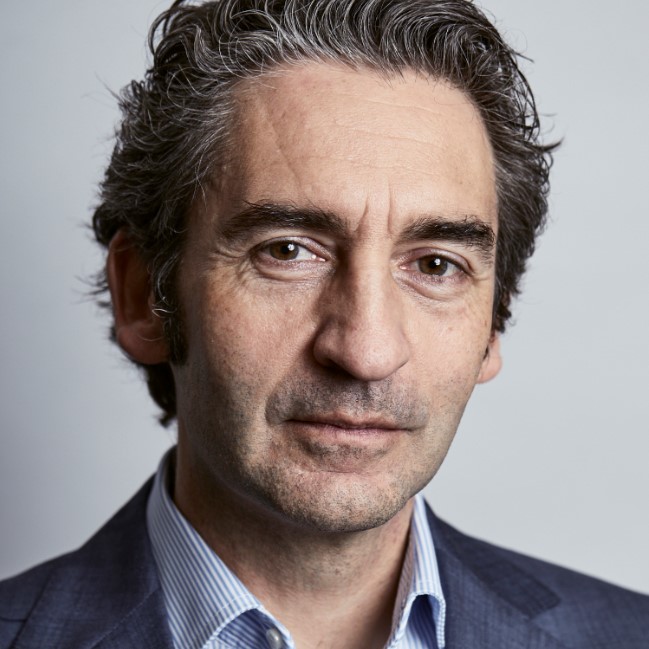Jens Biegert
ICFO- The Institute of Photonic Sciences, SpainFor pioneering contributions in the development of ultrashort and intense few cycle pulses in the midinfrared, and their use in analyzing the structure of molecules.

“Have a genuine interest in your research and you will succeed,” Jens Biegert advises. “The work won’t seem hard because you will be interested in what you are doing.”
Jens’ interest in astronomy and the possibility of an exchange program with the United States lead him to enroll at the University of Würzburg. From 1995-1996 he participated in the German Academic Exchange Service (DAAD) Foreign Exchange Fellowship with the University of New Mexico. It was here that he was exposed to optics. He discovered that optics shared some of the fundamental questions of astronomy. After his fellowship, he returned to Germany and received a PhD from the Technical University Munich in 2001. In his PhD, he studied the coherent excitation of sodium which has applications in the study of laser guide stars. Again, this demonstrated the link between physics, optics, and astronomy.
Jens says that his thesis advisor, Jean-Claude Diels, was someone he looked up to as a well-rounded researcher in science, engineering, and programming. Diels’ scientific intuition was inspiring. Jens took advantage of this opportunity and absorbed everything he possibly could while working with Diels. He adds that scientific mentoring is important for young scientists. It provides a basis for how to conduct research in terms of obtaining funding, publishing papers, and other aspects apart from the actual research. Ultimately, Jens says it is important to find a mentor “with similar attributes” that can help you throughout your career. He still considers Diels a mentor today.
When he lacked funding for experiments, Jens had to work on theory for a time. In the end, this turned out to be a positive outcome because it better prepared him for the actual experiments, and taught him the importance of having a “long-term perspective for success.”
Jens considers OSA to be “a hub of people in the field” and enjoys catching up with friends from graduate school while attending OSA meetings. He discovered OSA as student when he participated in the University of New Mexico Student Chapter meetings. The Chapter provided a great opportunity to talk with others about his research and expand his own knowledge of the field.
Today, Jens is Head of Research in Attoscience and Ultrafast Optics at ICFO-The Institute of Photonic Sciences in Barcelona, Spain. He is more excited than ever about the field due to the strong state of optics and photonics. His current research consists of using mid-infrared light to “steal” electrons and know where all the atoms are in a molecule. This produces what Jens calls the “molecular selfie” which demonstrates the ultimate control between light and matter. These discoveries have impacts for fundamental optics as well as biomedical research, materials science, and chemistry.
Profile written by Jeanette Gass
